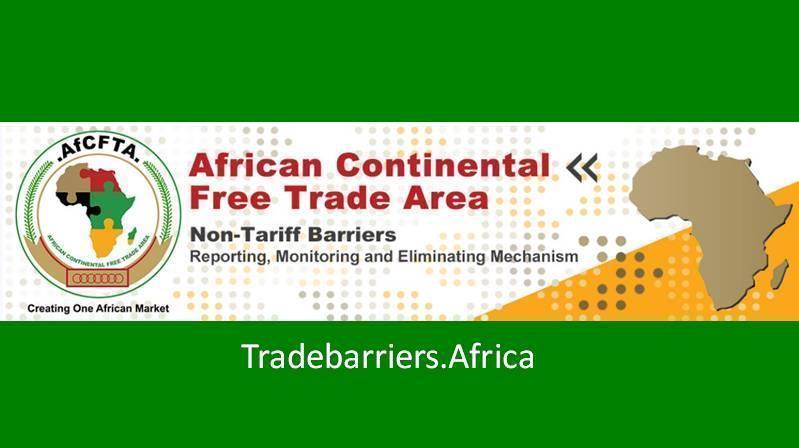As Africa stands poised for economic growth, the issue of trade barriers emerges as a critical factor impeding progress. These barriers, whether physical or non-physical, hinder the seamless flow of goods and services across borders, stifling the continent’s potential to achieve its full economic potential. Understanding the nature and impact of trade barriers is essential to unlocking Africa’s economic prosperity.

Image: www.techafricanews.com
Trade barriers manifest in various forms. Tariffs, quotas, and complex customs procedures can impose hefty costs on businesses, making it challenging for goods to enter or leave markets. Additionally, non-tangible barriers, such as technical regulations and standards, can create unnecessary complications, hindering the exchange of goods. These obstacles not only hamper economic growth but also contribute to poverty and inequality.
Subsidies: A Double-Edged Sword
Subsidies, intended to support domestic industries, often lead to overproduction and market distortions. In the agricultural sector, for instance, heavily subsidized crops in developed countries flood African markets, driving down prices and undermining local producers. This leaves African farmers vulnerable and stifles agricultural development.
Infrastructure Gaps: A Logistical Nightmare
Poor infrastructure poses another significant challenge to trade in Africa. Inadequate roads, railways, and ports create logistical nightmares, making it time-consuming and costly to transport goods. This hampers the movement of products, increases transaction costs, and ultimately limits trade volumes. Upgrading and expanding infrastructure is crucial for facilitating seamless trade and unlocking economic growth.
Corruption: A Drain on Trade
Corruption is a pervasive obstacle that undermines trade in Africa. Bribes, extortion, and favoritism create obstacles for businesses, leading to increased costs and delays. This illicit activity discourages investment, hinders fair competition, and stifles economic development.

Image: businesstrumpet.com
The Cost of Trade Barriers
The economic consequences of trade barriers in Africa are severe. They lead to stunted economic growth, reduced competitiveness, and stifled innovation. Protectionist policies aimed at shielding domestic industries often result in lower-quality products and higher consumer prices. Ultimately, these barriers create a vicious cycle that perpetuates poverty and impedes progress.
The Way Forward: Embracing Free Trade
To unlock Africa’s economic potential, it is imperative to embrace free trade policies that promote the seamless flow of goods and services across borders. Removing tariffs, quotas, and other trade barriers can stimulate economic growth, create jobs, and improve consumer welfare. By boosting trade volumes, Africa can foster regional economic integration, attract foreign direct investment, and enhance competitiveness.
Liberalizing trade not only benefits consumers but also creates a more favorable environment for businesses to operate and thrive. By reducing costs and uncertainties, free trade promotes innovation, encourages entrepreneurship, and stimulates overall economic activity.
Trade Barriers In Africa
Overcoming Challenges
Implementing free trade policies in Africa requires careful planning and the concerted effort of governments and stakeholders. There may be short-term challenges to overcome, such as job displacement in certain sectors. However, the long-term economic benefits of free trade far outweigh the risks. Governments can implement targeted policies to support affected industries and cushion the transition.
Regional cooperation and trade agreements can play a vital role in fostering free trade in Africa. By harmonizing regulations, reducing trade barriers, and promoting cross-border infrastructure development, these initiatives can create a more conducive environment for intra-Africa trade.
Trade barriers have long been a roadblock to economic progress in Africa. By eliminating these obstacles, implementing free trade policies, and fostering regional cooperation, the continent can unlock its full potential and embark on a path to economic prosperity for all.






